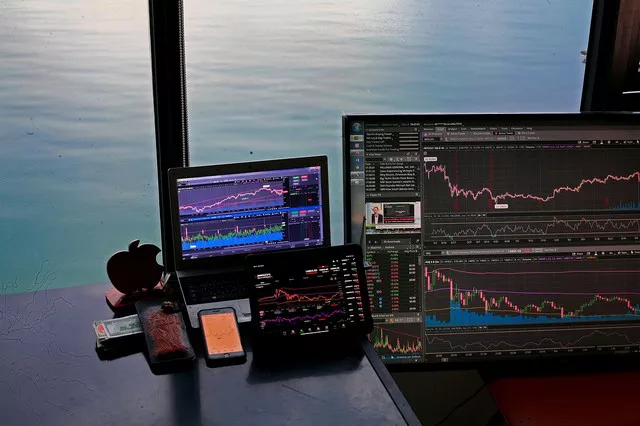Futures contracts are a cornerstone of the financial markets, offering traders and investors a mechanism to hedge risk, speculate on price movements, and gain exposure to various asset classes. Central to the structure of futures contracts is the concept of maturity dates, which determine the expiration and settlement of each contract. In this article, we delve into the concept of maturity dates in futures trading, exploring how they work, why they matter, and their implications for market participants.
Understanding Futures Contracts
Futures contracts are standardized financial agreements between two parties to buy or sell an underlying asset at a predetermined price on a specified future date. These contracts are traded on regulated exchanges, providing liquidity, transparency, and price discovery for a wide range of asset classes, including commodities, currencies, stock indices, and interest rates. Futures contracts enable market participants to manage risk, optimize portfolio performance, and capitalize on trading opportunities in both rising and falling markets.
Role of Maturity Dates in Futures Contracts
Maturity dates, also known as expiration dates, are fundamental to the structure of futures contracts, as they specify the date on which the contract expires and settles. Each futures contract has a unique maturity date, which is determined by the exchange and specified in the contract’s terms and conditions. Maturity dates serve as a reference point for traders and investors, signaling the end of the contract period and the deadline for fulfilling contractual obligations. Understanding maturity dates is essential for managing positions, planning trading strategies, and avoiding unintended delivery or settlement obligations.
Expiration and Settlement of Futures Contracts
Futures contracts typically expire on a monthly or quarterly basis, depending on the contract specifications and the asset class being traded. Upon expiration, futures contracts settle in one of two ways: physically or cash-settled. Physical settlement involves the actual delivery of the underlying asset, where the seller delivers the asset to the buyer in exchange for payment at the agreed-upon price. Cash settlement, on the other hand, involves the exchange of cash equivalents based on the difference between the contract price and the prevailing market price at expiration.
Importance of Maturity Dates for Traders
Maturity dates play a crucial role in futures trading, as they impact trading strategies, risk management, and market dynamics. Traders must be aware of the maturity dates of the futures contracts they are trading to avoid unintended delivery or settlement obligations. Additionally, the choice of maturity date can influence trading strategies and market liquidity, as different contracts may have varying levels of market activity and participation depending on their proximity to expiration. Timing trades around maturity dates is essential for maximizing profit potential and minimizing risk exposure.
Rollover of Futures Positions
To avoid the need for physical delivery or cash settlement, traders often roll over their futures positions by closing out expiring contracts and simultaneously opening new positions in contracts with later maturity dates. Rollover allows traders to extend their trading horizon and maintain exposure to the underlying asset while avoiding the potential disruptions associated with expiration. Timing the rollover of futures positions requires careful consideration of market conditions, contract specifications, and trading objectives to optimize performance and minimize costs.
Market Dynamics Around Maturity Dates
Maturity dates can influence market dynamics and trading activity in the futures market, particularly as expiration approaches. In the days leading up to expiration, trading volumes and volatility may increase as traders adjust their positions and roll over contracts to avoid delivery or settlement obligations. Additionally, price discrepancies between futures contracts with different maturity dates may arise, creating arbitrage opportunities for traders seeking to capitalize on pricing inefficiencies. Maturity dates serve as focal points for market participants, driving trading activity and shaping price movements in the futures market.
Regulatory Considerations
Regulatory authorities such as the Commodity Futures Trading Commission (CFTC) in the United States oversee the operation of futures markets and establish rules and regulations governing contract expiration and settlement. Exchanges enforce compliance with regulatory requirements and ensure the orderly functioning of the futures market. Market participants must adhere to exchange rules, reporting obligations, and margin requirements to maintain market integrity and investor confidence.
Conclusion
In conclusion, maturity dates are a fundamental aspect of futures trading, serving as reference points for contract expiration and settlement. Understanding maturity dates is essential for traders and investors seeking to navigate the complexities of the futures market and execute trading strategies effectively. By recognizing the significance of maturity dates, market participants can manage risk, optimize performance, and capitalize on trading opportunities in the dynamic and fast-paced world of futures trading. As the financial markets continue to evolve, maturity dates will remain a key consideration for futures traders seeking to achieve their financial goals with clarity and confidence.


